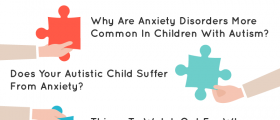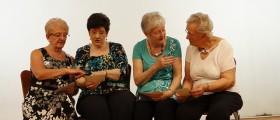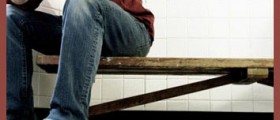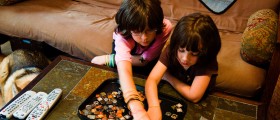
When a Child Expresses Conduct Disorder
There are certain children who, during their teenage years or earlier, start expressing certain conduct issues. Namely, when the right combination of symptoms is taken into consideration we can see a specific pattern telling us that this child is actually suffering from a behavioral disorder and needs a proper treatment.
The main signs of a conduct disorder is the child's inability to respect the rules, constantly breaking them. Also, staying away from skull and skipping classes belong to this category. School bullying and a tendency to cause harm to peers, other children and/or animals is a clear sign of a conduct disorder. Finally, a constant occurrence of physical fights, lying and stealing things adds up to the main symptoms of this behavioral disorder.
Thus, once noticing these symptoms together or combined in any other way, start thinking about providing this child a medical help. One of the best methods of dealing with conduct disorder is through group therapy and it is likely to be the first thing recommended. Know that, if these signs show, they usually do so around the age of ten. Then, this is not to be ignored. Rather, proper treatment is to be found as soon as possible.
Group Treatment for Child ConductDisorder
The first thing both the parents and the therapist should know is that the child will likely refuse to participate in the rehabilitation program. Thus, you need to subject them to all sessions and let them know that there is absolutely no way of avoiding this.
Due to the positive effect of peer pressure, these therapies usually involve children of different ages who motivate each other during the therapy. Once a single child decides to open him/herself up to others, this creates a chain reaction capable of changing the acts of those who have presented themselves as rebellious.
During group counseling, the children will learn to listen and to realize that they are not the only ones facing these issues. Then, it will be easier for them to accept the treatment and progress towards rising above their behavioral issues.
This way, they practice their social skills, since they will be surrounded by children or teens who, sooner or later, will have nothing to hide. Then, this honesty and willingness to participate may influence the rest of the group, making this function flawlessly towards mutual healing and behavioral correction.

















Your thoughts on this
Loading...